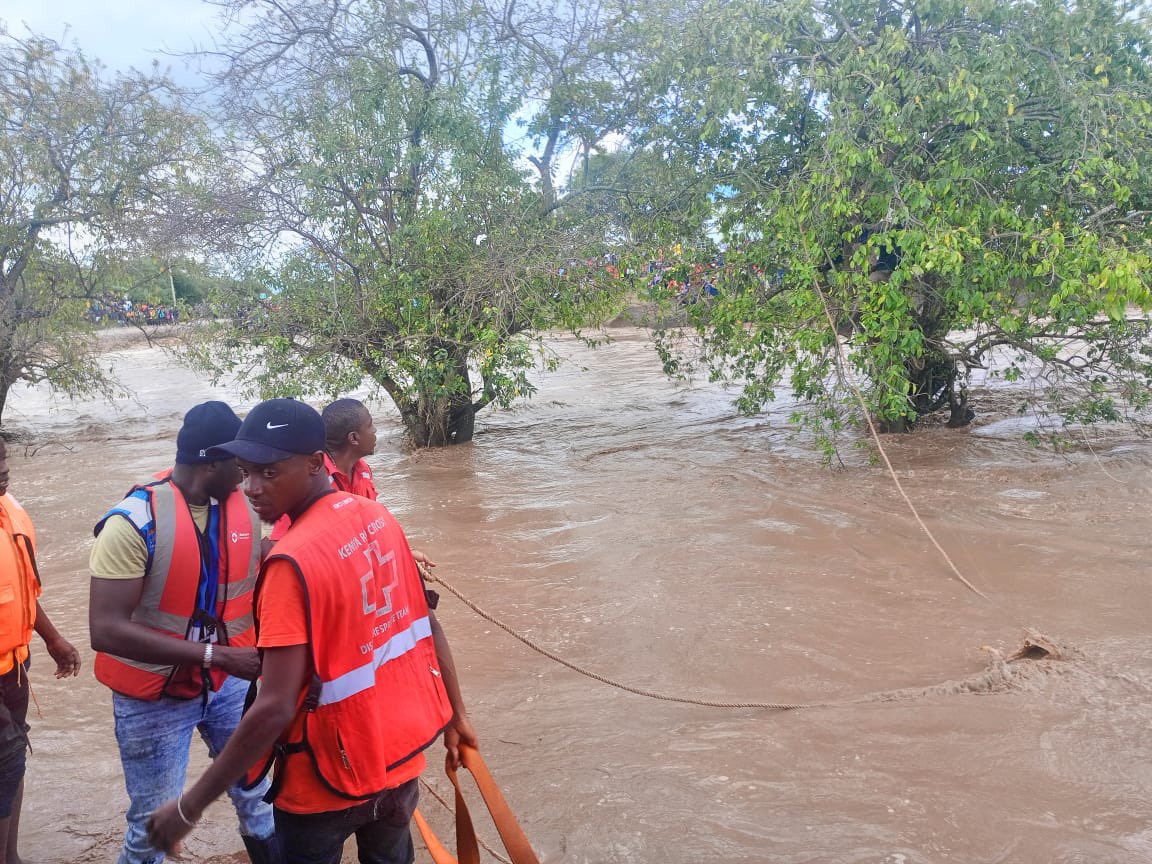By Peter Ochieng
Kisumu is among Kenyan counties where fish eating is on another level, due to the availability of Lake Victoria, the largest fresh water Lake in Africa, and the second largest in the world after Lake Superior in North America.
Interestingly, only 60 per cent of fish is consumed, as the remaining 40 per cent is thrown away either as intestines, bones or skin.
On most occasions, unproper disposal of waste leads to environmental degradation, and in Kisumu, the waste ends up in the famous water body.
From this backdrop, four young people led by 30-year-old Dennis Otieno are rolling their sleeves each passing day, to produce consumable oil with a high rate of omega 3, the aim being to prevent unproper and unnecessary disposal of fish waste.
The oil is added in vegetable, fish, meat or chicken stew after being cooked, or eaten raw as one would consume honey. All production activities take place at the Kenya Marine and Fisheries Research Institute (KEMFRI) laboratory in Kisumu.
Otieno studied aquatic science at Egerton University in Nakuru county, graduating in 2017.
He started research on production of omega 3 fish oil from fish waste while still in school. Upon graduating, he landed an opportunity to advance his research and skills at KEMFRI in Kisumu, and the journey is still on, working hand in hand with his three colleagues, among them environmentalist Sharon Minega and biologist Harriet Okeyo.
“It was part of my undergraduate project, but then I extracted fish oil from common carp of Lake Naivasha. When I was out of college, I came to Kisumu and became an intern with KEMFRI. Again, I saw the problems here of dumping of the fish waste. So, we gave it an environmental approach, but also a business approach. So, we started extracting fish oil, and trying to access the quality and perfecting the production procedures,” he said during an interview.
Otieno said fish intestines have high protein content, leading to rapid growth of water hyacinth whenever the waste finds its way into the Lake.
“Fish waste contribute about 40 per cent of the total body mass of fish, this is basically thrown away ending up in to the environment, leading to environmental challenges,” he stated.
Dennis and his team collect fish waste from various markets in Kisumu, among them Jubilee and Obunga at no cost. They collect between 10 to 20 kilograms of fish waste each month. They need at least a kilogram of waste to produce 600 millimeters of omega 3 fish oil.
After collection, the waste – specifically the intestines, is washed before being boiled for between 30 minutes and one hour. After that, they do what is known as serial washing, which means cleaning fish intestines using pineapple juice in order to break vitamins into oil.
Additionally, the juice is used to reduce the odor of fish using an equipment known as oil extractor. They manufactured the extractor using timber at a cost of Sh70,000.
The machine uses electricity, while the process takes between 1 to 2 days.



